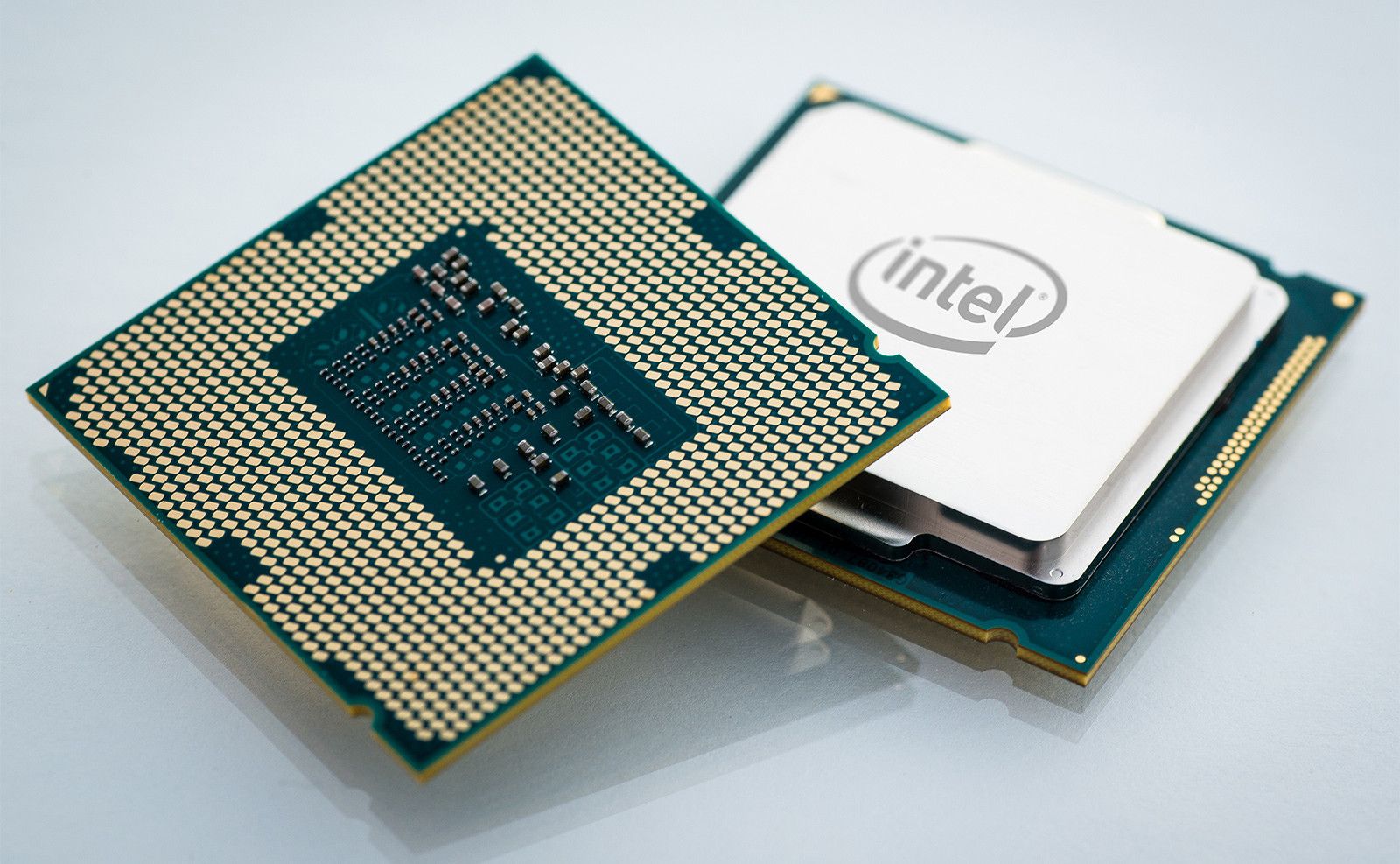Semiconductor firms report shortage of workers, prolonging chip woes to 2022
Nothing good to report on the semiconductor front

The ongoing semiconductor shortage shows no signs of easing up if a new industry survey is any indication, with a majority of companies planning for the silicon glut to extend into the second half of 2022.
The report, produced by IPC International, revealed that of the companies surveyed, only 10% reported that inventories from their suppliers were rising and that around four in five companies surveyed had difficulty finding the skilled labor they needed to improve production, and fully half of respondents reported "extreme difficulty."
"The outlook over the next 6 months is expected to see little change," the report says. "Some 65% of firms expect labor costs to rise and only 23 percent expect the ease of recruiting and finding skilled talent to improve."
The global chip shortage, brought on by a perfect storm of increasing demand for new electronic devices of all types in 2020 and the disruptions to supply chains and production facilities as a result of the novel coronavirus pandemic, has impacted everything from automobile manufacturing to the latest graphics cards and processors.
To make matters worse, as Ars Technica points out, 90% of respondents have seen their material costs go up in recent months, cutting into the bottom lines of a lot of heavy hitters in various industries, including a projected revenue loss of around $210 billion for the auto industry in 2021.
Couple that with the difficulties finding skilled labor, which is going to drive up worker's wages (probably the only silver lining in all this) which will likely translate in some degree to higher component and material prices.
- AMD vs Intel: which chipmaker does processors better?
- These are the best processors of 2021
- We'll show you how to build a computer
The chip shortage is here to stay
No one wants to say what is increasingly becoming obvious, probably for fear of speaking its name and summoning it into corporeal form, but let's be honest, the chip shortage isn't really a shortage anymore. It could turn out to be a systemic deficit.
Sign up for breaking news, reviews, opinion, top tech deals, and more.
The supply of semiconductors is only going to increase once new fabrication capacity comes online in the next few years (Intel, TSMC, and Samsung are all working on building new fab plants as we speak) but how much of that new capacity is just to get production to meet current demand?
And lets assume that chip firms are able to build all of the fabrication capacity they need to meet market demands. Who is going to operate the plants? If half of chip firms are reporting that they are experiencing "extreme difficulty" in finding the kind of skilled labor they need, who fills those roles?
Just under half the respondents in the report say they're retraining their workforces to fill in these gaps and nearly as many are increasing wages to try to attract more skilled workers. All of that is just to fill current demand for all the devices we have out there right now.
Are we suddenly going to stop building all kinds of new IoT devices and new mobile devices because there aren't enough chips to go around yet? No, we're going to see these new devices proliferate even more, which is only going to drive up demand for semiconductors above the unprecedented levels they're at right now, demand that chip manufacturers have struggled mightily to meet as it is.
It might be time to start looking at the "beyond" part of the IPC report's "2022 and beyond" responses and try to figure out how we're going to deal with the increasing scarcity of this vital technology.
- These are the best laptops of 2021

John (He/Him) is the Components Editor here at TechRadar and he is also a programmer, gamer, activist, and Brooklyn College alum currently living in Brooklyn, NY.
Named by the CTA as a CES 2020 Media Trailblazer for his science and technology reporting, John specializes in all areas of computer science, including industry news, hardware reviews, PC gaming, as well as general science writing and the social impact of the tech industry.
You can find him online on Bluesky @johnloeffler.bsky.social